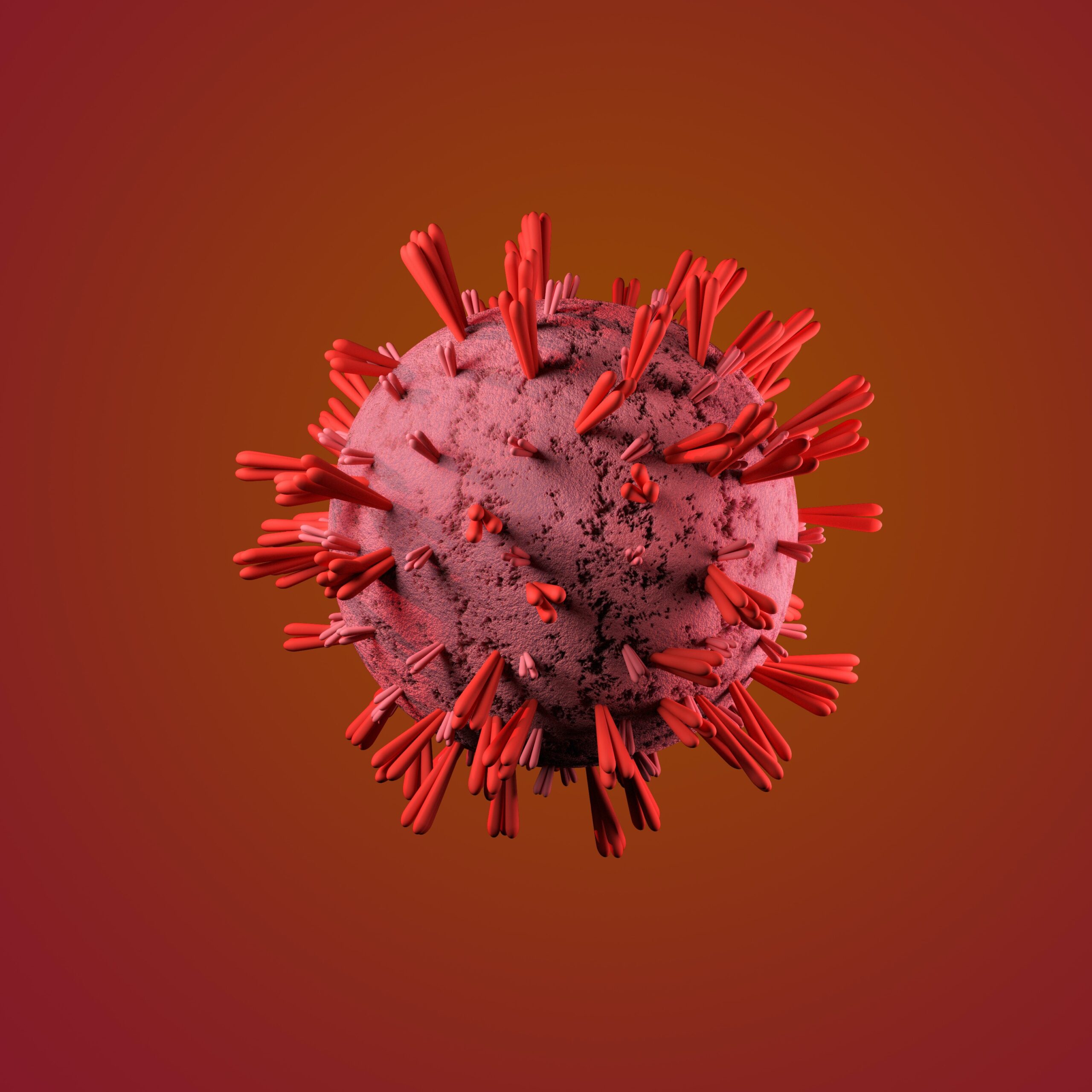Do bacteria affect your immune system?
Table of Contents
The human immune system is a complex network of cells, tissues, and organs that work together to protect the body against harmful pathogens, such as viruses and bacteria. While most people think of bacteria as dangerous, some can be beneficial to the immune system and are essential. In this blog post, we’ll explore the ways in which bacteria can affect your immune system, particularly how they benefit and boost immunity. There is an army of microorganisms within us that are responsible for the smooth functioning of our bodies. In the last two decades, Scientists have discovered that we are composed of more bacterial cells than humans. One of the largest populations of which lives in our Gut. Experiments on mice, whose gut microbiome has been washed out by antibiotics show a drastic drop in immunity and disease-fighting capacity.
For More articles check the meetyourmicrobe website

What is the immune system?
The immune system is the body’s defense against harmful pathogens. It is made up of various types of cells, including white blood cells, which work together to detect and destroy foreign invaders. The immune system can be divided into two parts: the innate immune system and the adaptive immune system.
The innate immune system is the body’s first line of defense. It includes physical barriers, such as the skin and mucous membranes, as well as cells like neutrophils and macrophages that can quickly identify and destroy harmful pathogens.
The adaptive immune system is a more specific defense mechanism that involves the production of antibodies and T cells. These cells can recognize and remember specific pathogens, allowing the immune system to mount a more targeted response to future infections.
How do bacteria affect the immune system?
While harmful bacteria can cause infections and damage to the immune system, many types of bacteria are beneficial to the immune system. These “good” bacteria are known as probiotics, and they can help to improve the health and function of the immune system in several ways.
One way probiotics can affect the immune system is by improving gut health. The gut is home to trillions of bacteria, and maintaining a healthy balance of “good” bacteria in the gut can help to improve the function of the immune system. This is because the gut is an important site of immune activity, and the bacteria that live there can help to regulate the immune response.
Probiotics can also help to reduce inflammation in the body, which is an important factor in maintaining a healthy immune system. Chronic inflammation can weaken the immune system and increase the risk of infections and diseases. By reducing inflammation, probiotics can help to support a stronger, more effective immune system.
In addition, some types of probiotics have been shown to directly stimulate the production of antibodies and other immune cells. This can help to boost the immune response and improve the body’s ability to fight off infections. An easy way to incorporate probiotics is through fermented foods. Studies have shown that organisms present in yogurt, pickles, sauerkraut, and kimchi had positive results in defense against both bacteria and viruses including different subtypes of influenza. The human syncytial virus is the major cause of bronchiolitis and pneumonia in children.
Probiotics are live microorganisms that mostly comprise Lactobacillus spp. These are mostly consumed orally in dietary form, therefore their primary site of action is the GI Tract. However, studies have detected beneficial spp in the nasopharyngeal mucosa, adenoids, tonsils, and skin. It is still unclear how their exact mechanisms work, but it is obvious that immunity is influenced by a probiotic strain, microbiota composition, and immunity status of the individual.
Conclusion
While harmful bacteria can damage the immune system, many types of bacteria are actually beneficial to immune function. Probiotics can help to improve gut health, reduce inflammation, and directly stimulate the immune response. By incorporating probiotics into your diet, you can help to support a robust, healthy immune system.



